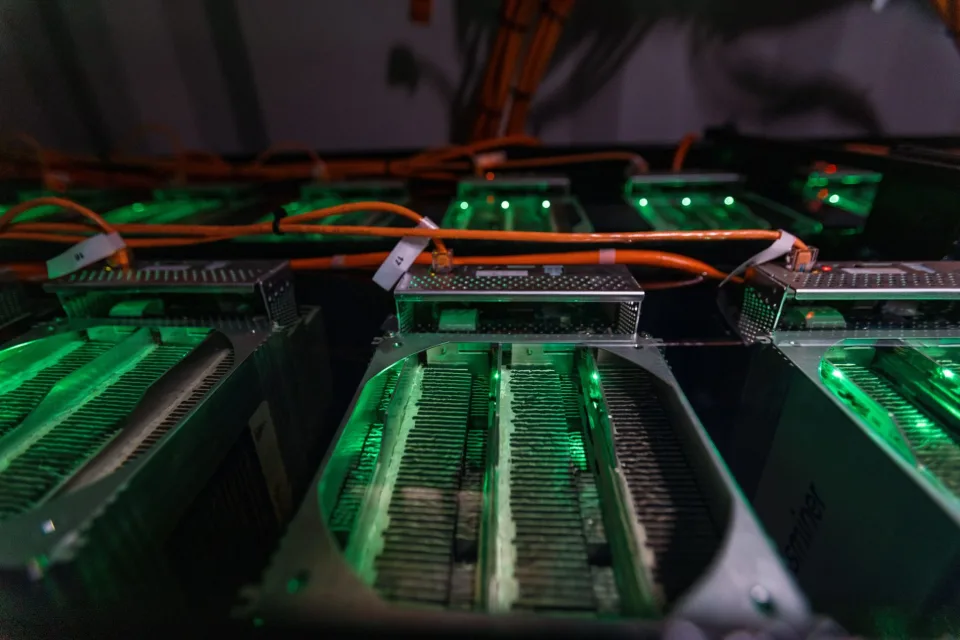


Blog Article
Department of Energy drops emergency survey of Bitcoin miners after legal backlash

The federal government is scrapping its emergency survey of the Bitcoin mining industry’s power usage, following a lawsuit by the publicly traded miner Riot Platforms and the Texas Blockchain Council.
Last week, the plaintiffs secured a 14-day delay on a deadline miners were given to submit data on their power usage, which had been made mandatory by the Cryptocurrency Mining Facilities Survey. The Department of Energy and the Energy Information Administration settled the lawsuit today, agreeing to withdraw the survey altogether. (The DOE didn’t immediately respond to a request for comment.)
The plaintiffs alleged that the EIA had failed to demonstrate how fast-tracking the survey process would prevent public harm, as federal law requires. The plaintiffs argued that the Office of Management and Budget had granted the EIA permission to collect this data regardless.
“I was shocked to see how blatantly the law was ignored here,” Kara Rollins, who’s representing the plaintiffs, previously told Fortune. “We think that there’s a political expediency issue … We don’t want politics infecting data.”
Beyond canceling the survey, the DOE and EIA also have agreed to destroy all data collected so far. The federal agencies instead will apply for a nonemergency survey that will allow public comments to be submitted for 60 days, in accordance with the Paperwork Reduction Act. That survey could take a year or longer, Rollins told Fortune.
EIA Administrator Joseph DeCarolis had requested on Jan. 24 that OMB allow his agency to request mandatory monthly data collections from miners, tracking their energy consumption, including sensitive and highly proprietary information. DeCarolis had said mining “potentially disrupted the electric power industry” and thus the agency could bypass the Paperwork Reduction Act’s mandatory comment process. “Public harm is reasonably likely if normal clearance procedures are followed,” he added.
Bitcoin mining requires large amounts of electricity to power complex computers that carry out calculations in hopes of solving a cryptographic problem, at which point transaction data is submitted to a blockchain as a new block, and the miner is rewarded in Bitcoin.
According to initial estimates published by the EIA last month, the industry may account for between 0.6% and 2.3% of total annual U.S. electricity use. For context, in 2023 Utah consumed approximately 0.8%, and Washington State, home to nearly 8 million people, consumed 2.3%.
In Texas, Bitcoin mining has already raised electricity costs for non-mining Texans by $1.8 billion per year, or 4.7%, according to Wood Mackenzie. The plaintiffs claim that the data processing centers actually bolster the grid’s reliability because in the event of severe weather events, they can swiftly shut down operations to minimize demand, counteracting shortages.
“It is urgent that the EIA revise its survey to address any legitimate industry concerns and then move forward with requiring this reporting as quickly as possible, to protect public health and safety from potential grid emergencies,” Thom Cmar, a senior attorney at Earthjustice, told Fortune. “These crypto-mining facilities stress electric grids, threaten to raise electric bills wherever they operate, and increase emissions from fossil-burning power plants that pollute our air and water, and contribute to climate change.”
This story was originally featured on Fortune.com
